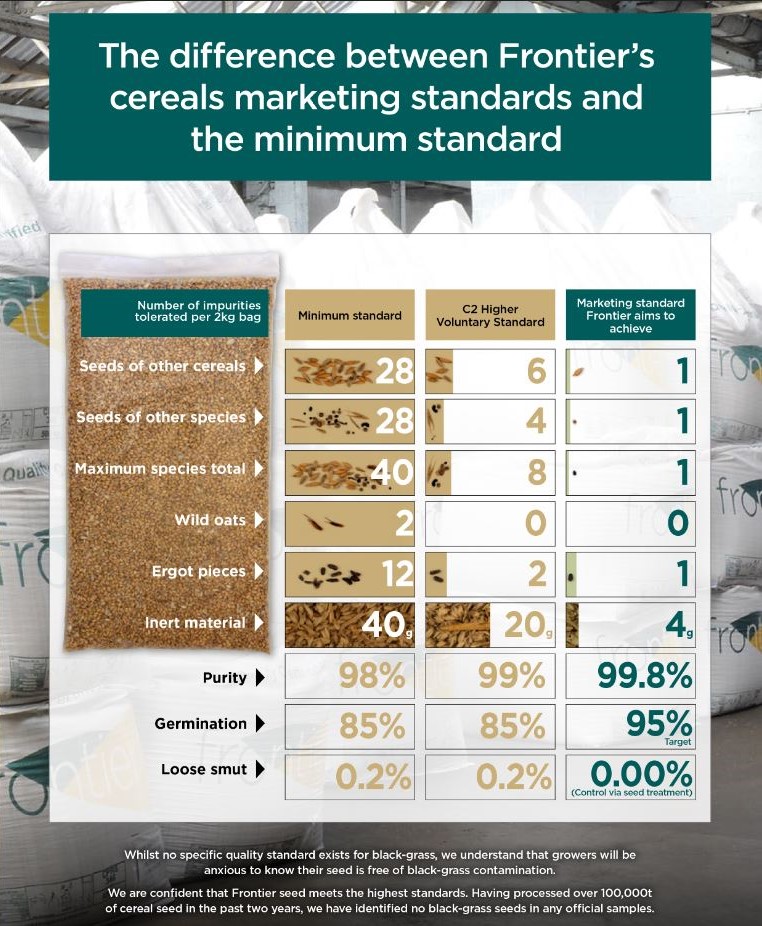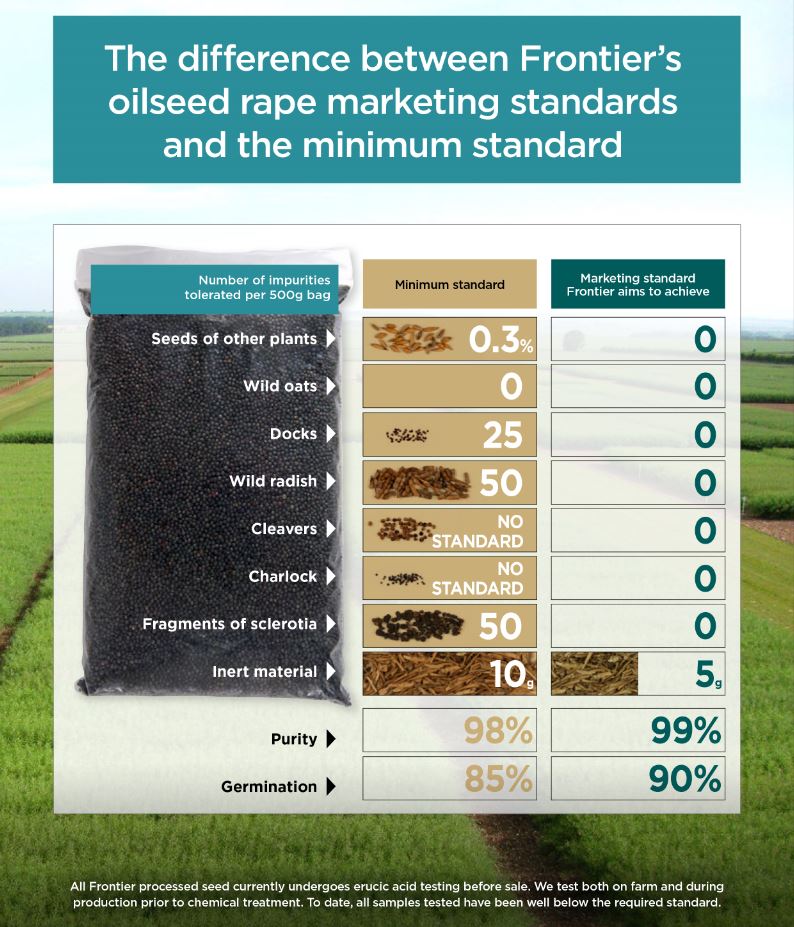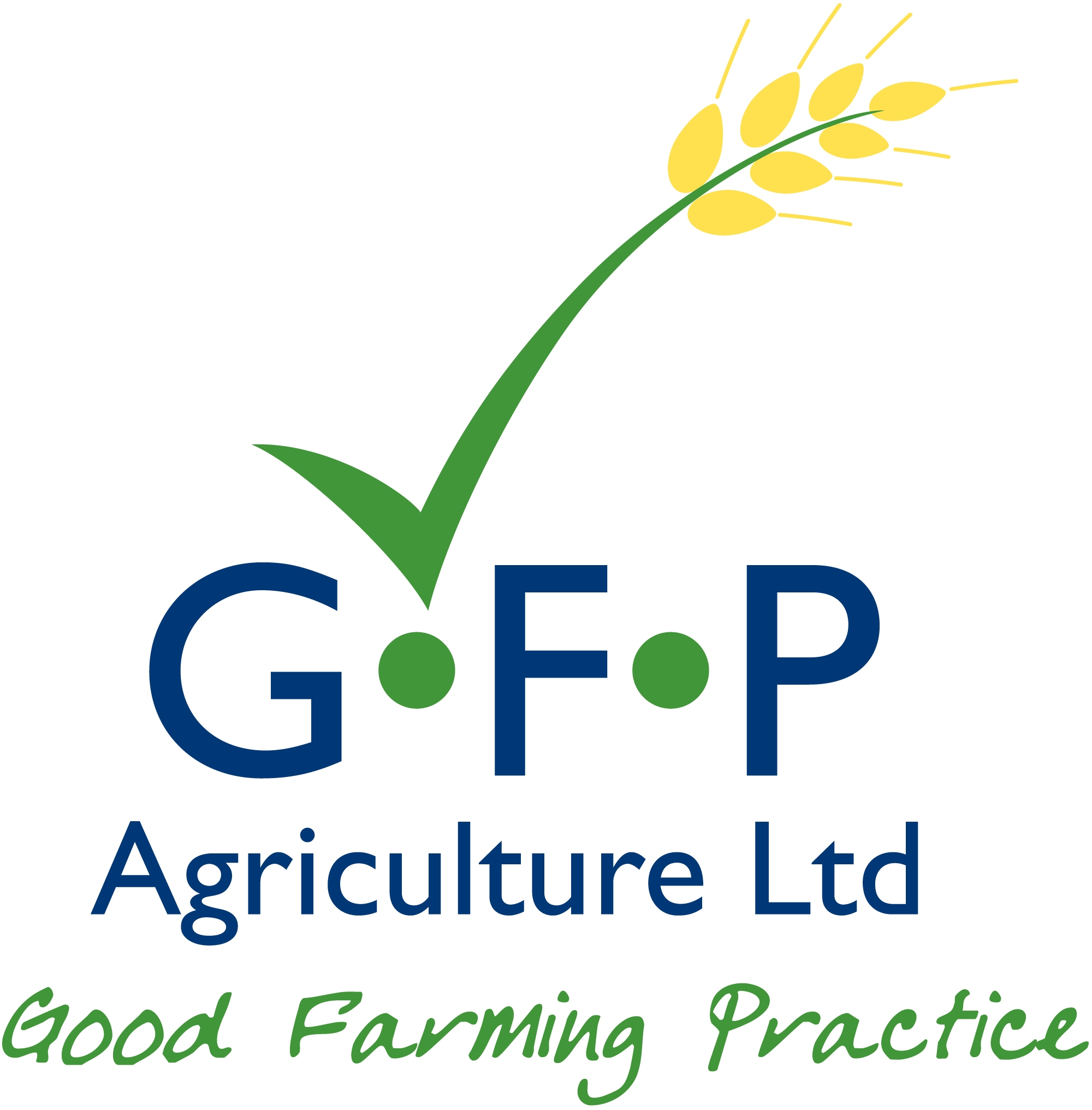Seed
Our advisors are here to help you select the most suitable varieties for your chosen end market, ensuring they are aligned with your whole farm rotation and deliver sustainable returns for your business.
Variety choice will depend on your rotational strategy as well as environmental and agronomic factors. We understand the importance of helping you choose the right variety for your situation, taking into account compatible end markets, rotational strategy, environmental factors and agronomics such as disease resistance, straw strength and other characteristics.
| We’re supporting UK farmers with sustainable crop production. Learn more >> |
Market-leading advice based on real results from our nationwide trials
The seed recommendations and technical advice that we share with growers each season are drawn from a combination of our own 3D Thinking variety trial sites, AHDB Recommended List trials and information from plant breeders.
In helping you plan your crop production strategy, we can share advice that considers your geographical region, farm locality, soil type and condition, key management timings, agronomy inputs and end markets. We’re also able to advise on desirable seed genetic traits and characteristics – a key element of sustainable, resilient farm rotations.
You can find detailed recommendations for 2024/25 varieties in our MyVarieties catalogue, or by speaking to your Frontier agronomist or farm traders.
Seed selection: five steps to success
- Make sure you budget for your target cost per tonne of production
- Understand the characteristics of each variety and choose those that suit your situation
- Consider your management requirements, in particular disease resistance, which are as important as yield potential
- Sow high quality seed with known germination levels and thousand grain weights
- Seed treatments are becoming increasingly important as a first line of defence and to aid establishment - use them to give your crops a firm foundation.
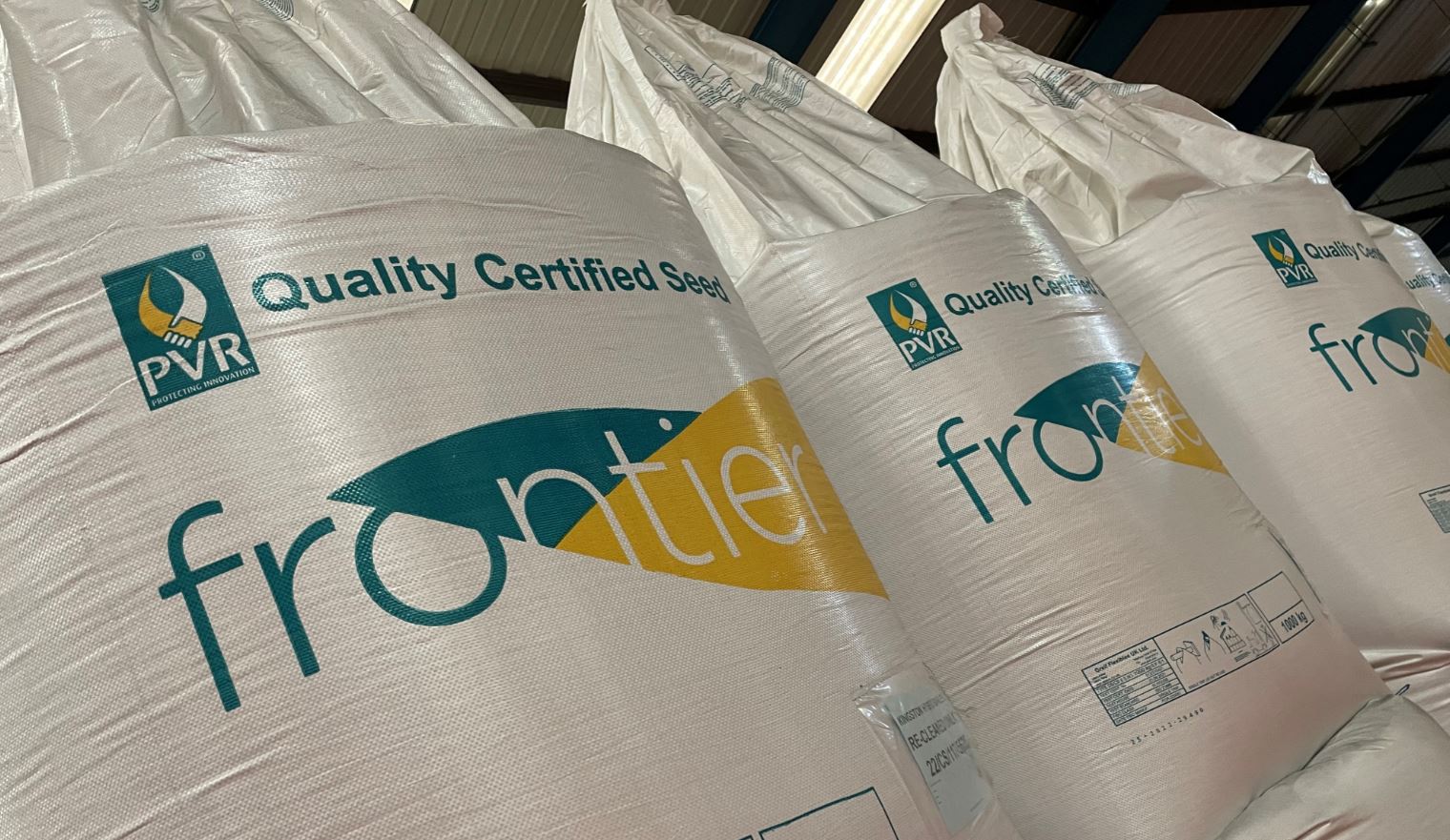
Discover more about our seed varieties, quality standards, mobile seed dressing services and specialist crops.
Improving the logistics of seed deliveries
Farmers can choose to have either 500kg, 1000kg bags or a combination. 1000kg bags can help to reduce plastic waste and increase storage capacity.
| Benefits of 1,000kg seed bag deliveries |
|
Speed of lorry unloading time is reduced If your order is in 1,000kg bags your unloading time could reduce by half, helping you to reduce workload and get back to other jobs quickly. |
|
Reduced waste Opting for 1,000kg bags means there is 8.5kg less plastic used per 20 tonnes of seed, meaning a reduction in waste removal requirements and associated costs. |
|
Tie off option All 1,000kg bags can be tied-off, so if your drill isn’t suited to the larger capacity you can tie off the bag as you go. |
|
Storage safety Two properly stacked 1,000kg bags is as stable as three 500kgs and can equate to approximately 25% additional storage capacity. |
|
Flexibility Frontier still offers a mixture of bag sizes, so you don’t need to round your seed order up or down by 1,000kg. We can still provide 500kg bags as part of an order of 1,000kg bags. |
Please speak to your local Frontier farm trader or agronomist if you’re interested in switching to 1000kg seed bags.



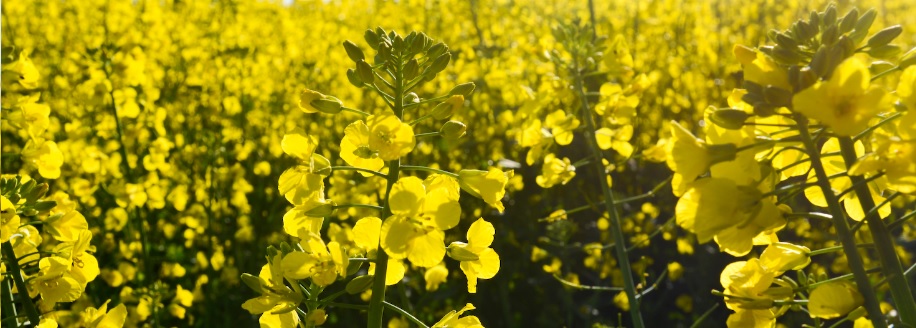
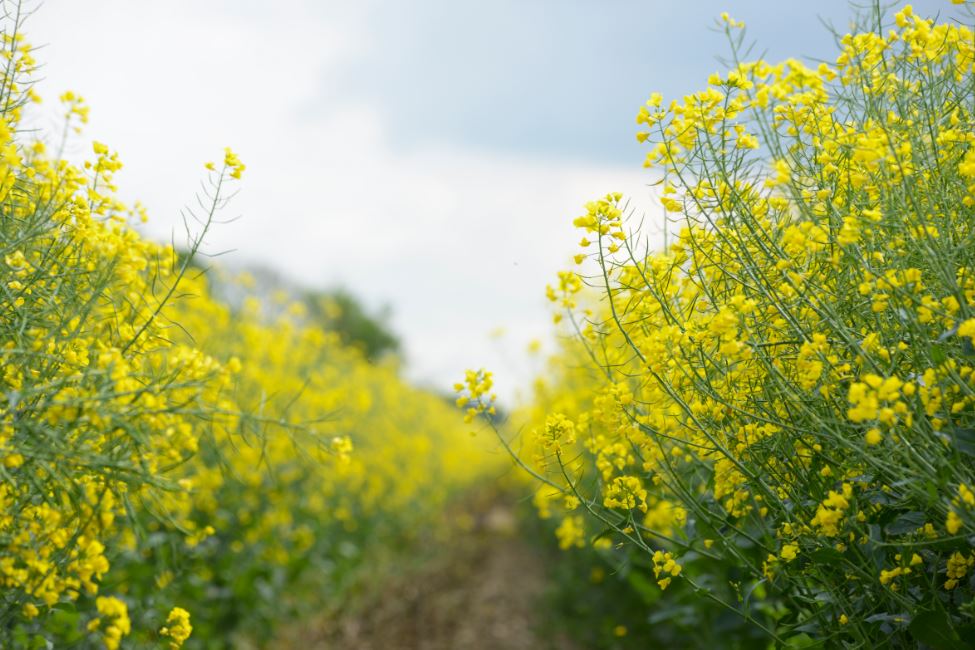
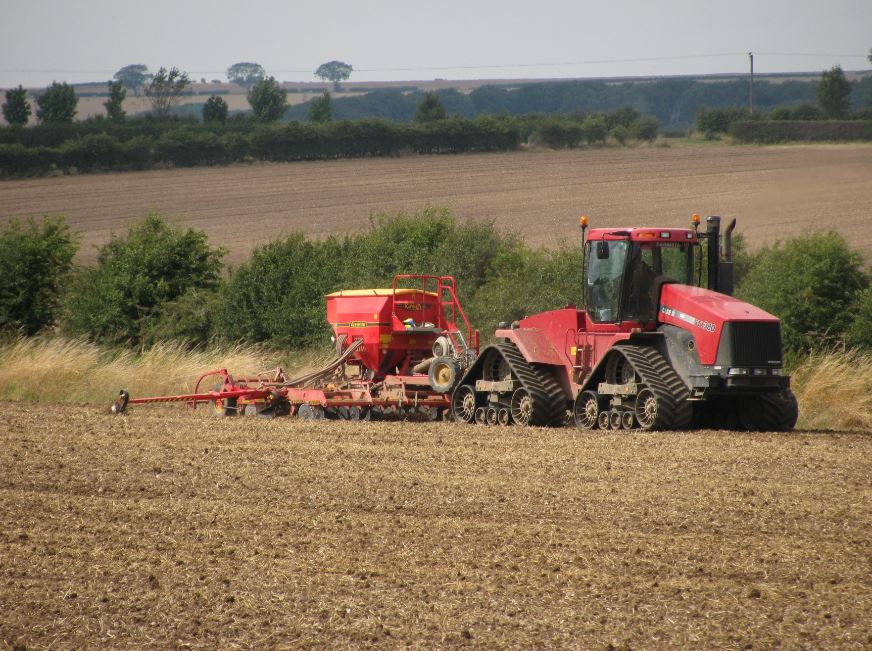
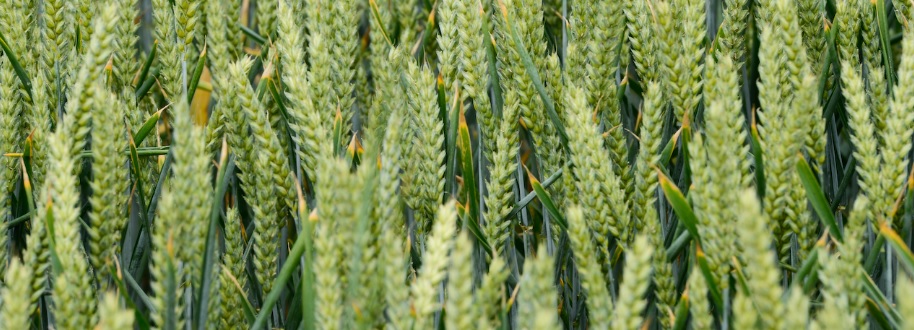
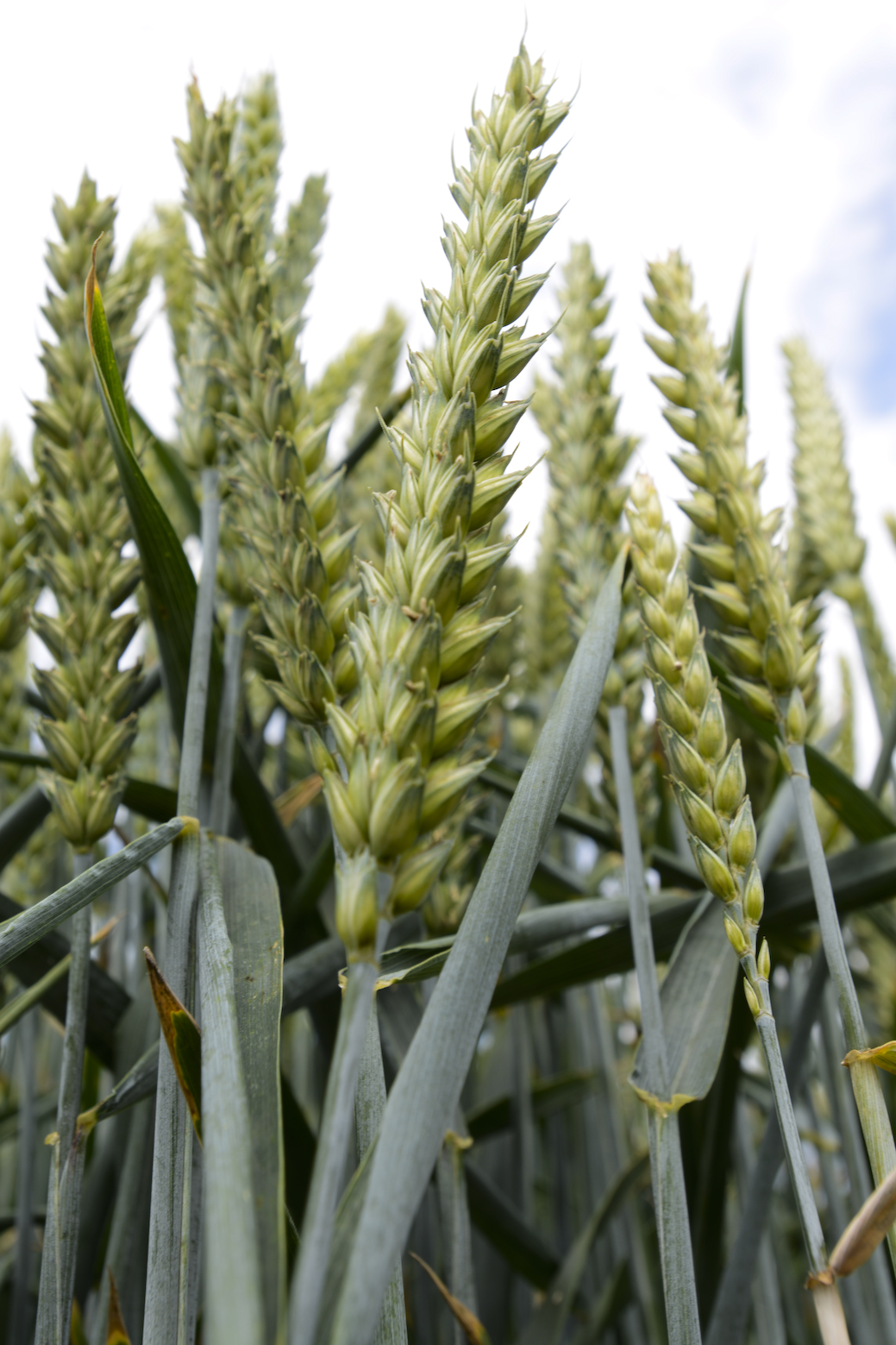
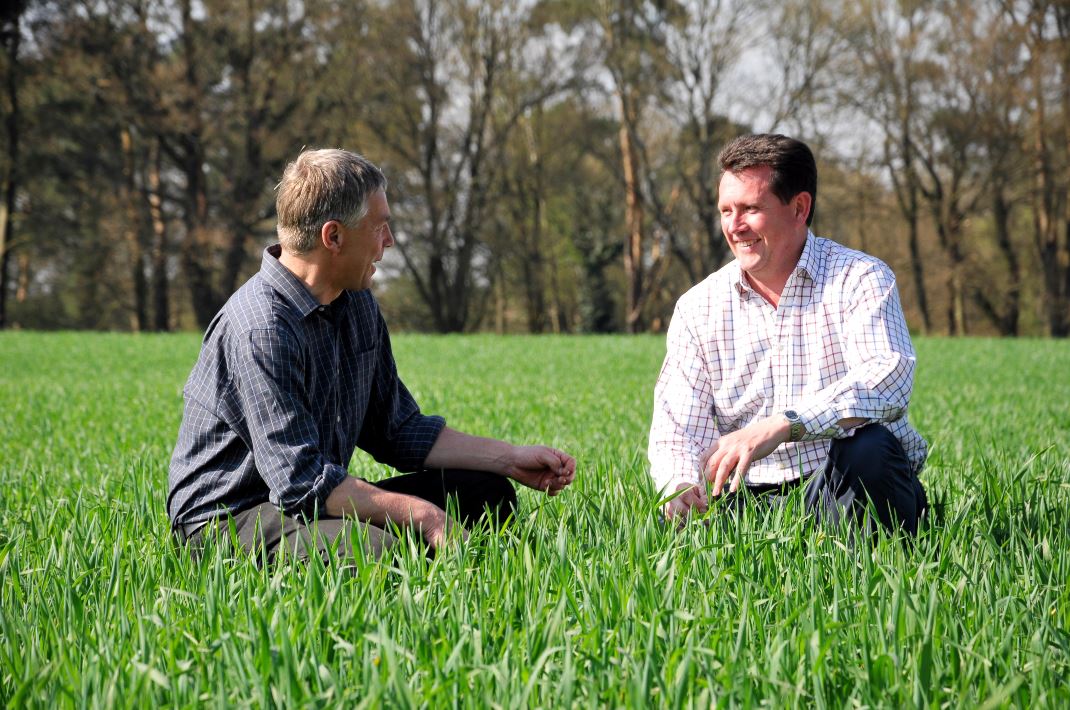
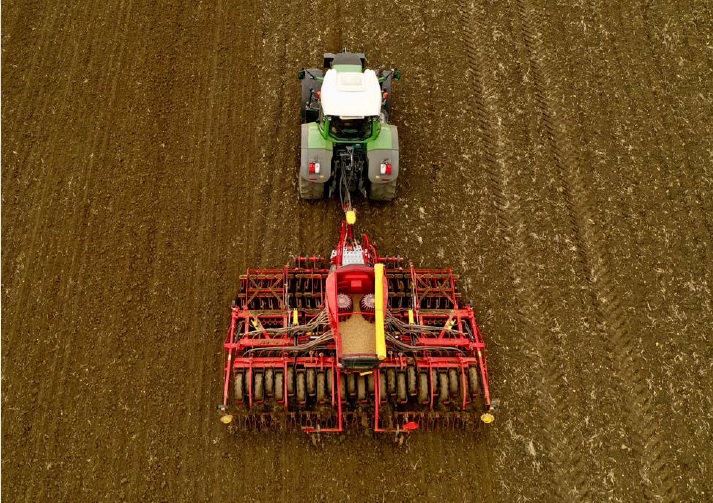
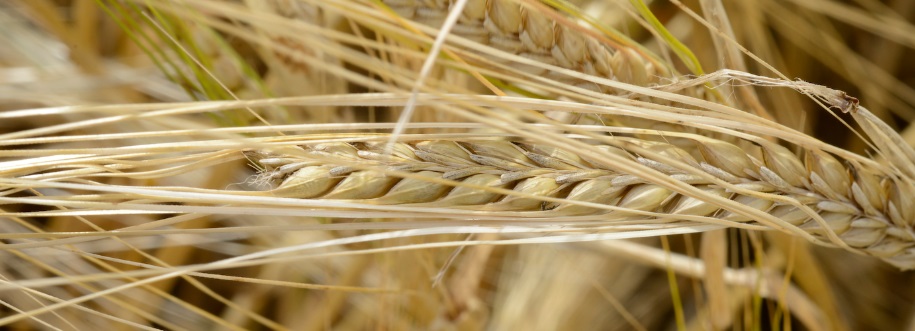
 Selection considerations
Selection considerations